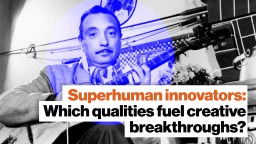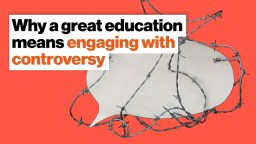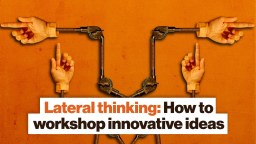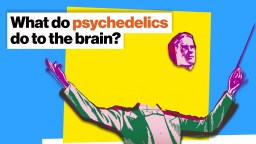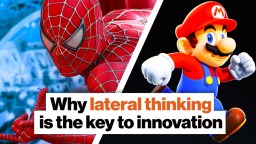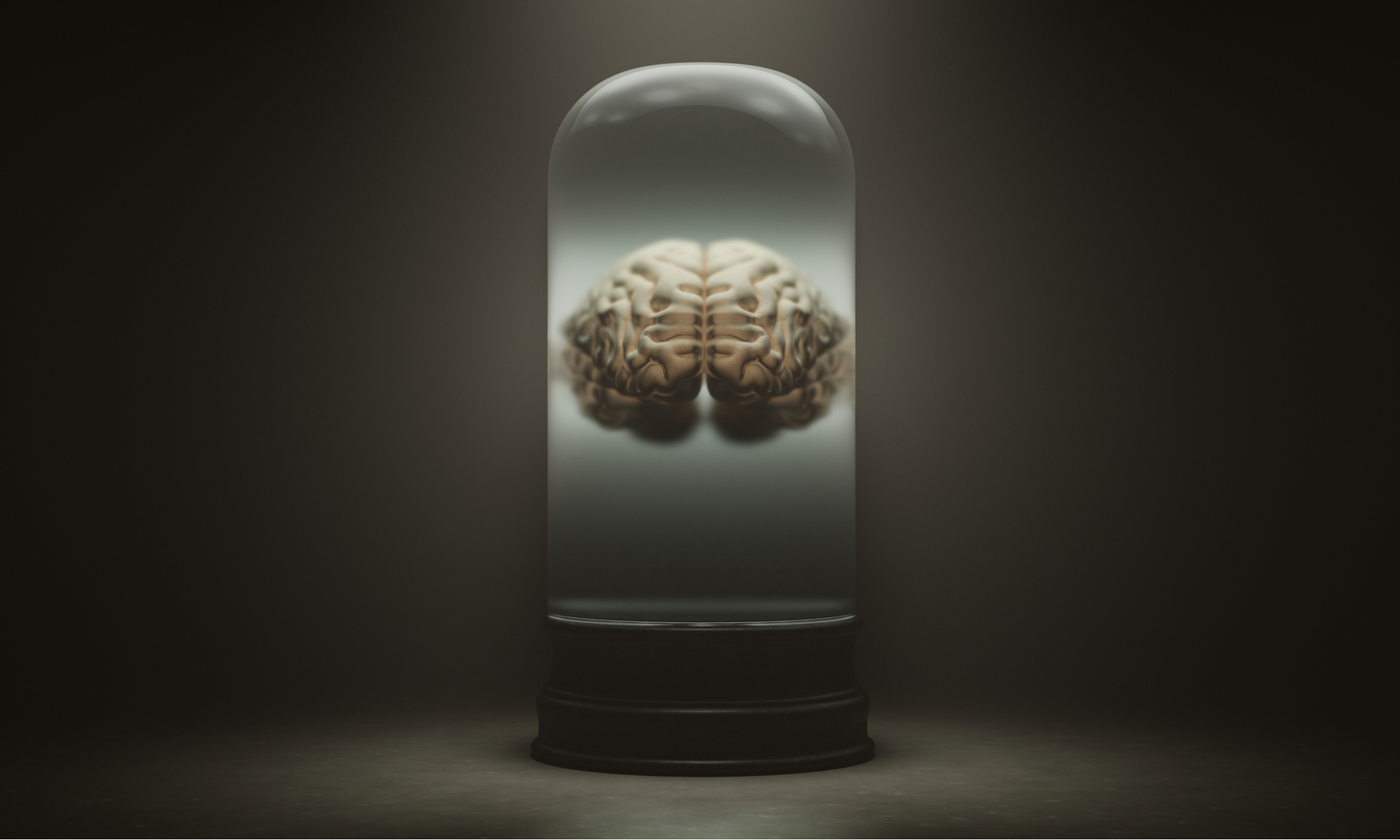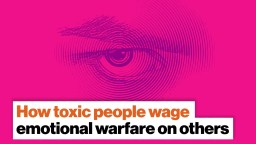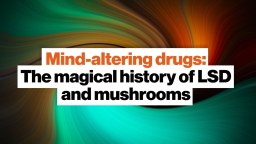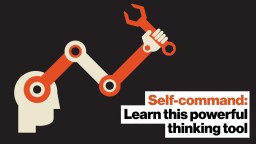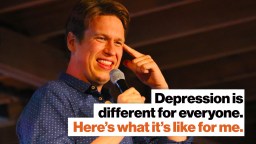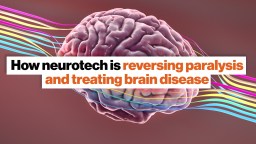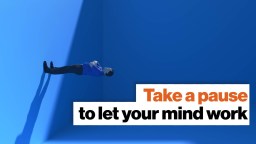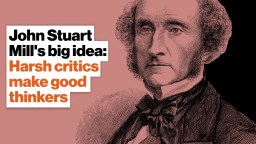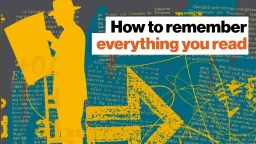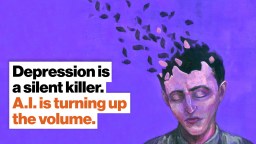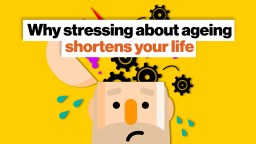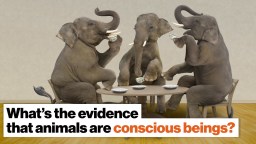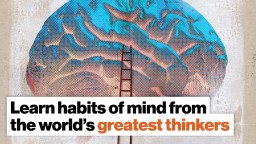mind
The resistance movements may be more about identity than science.
There are a few different theories out there, but the parieto-frontal integration theory, or P-FIT, appears to give us the best model of the neuroscience of intelligence.
Why Django Reinhardt might just be the greatest musical innovator you’ve never heard of.
▸
4 min
—
with
Smoking may put more than just your physical health at risk.
Jonathan Zimmerman explains why teachers should invite, not censor, tough classroom debates.
▸
6 min
—
with
Don’t underestimate the power of play when it comes to problem-solving.
▸
7 min
—
with
Harvard psychologists discover why we dislike the people who deliver bad news.
Michael Pollan explains what goes on during the mental fireworks of a psychedelic experience.
▸
5 min
—
with
A recent study used data from the Big Five personality to estimate psychopathy prevalence in the 48 contiguous states and Washington, D.C.
Here’s why generalists triumph over specialists in the new era of innovation.
▸
5 min
—
with
Expect emotional warfare where there are high-conflict people.
▸
4 min
—
with
Why did government officials stop psychedelics from reaching mainstream culture?
▸
22 min
—
with
300 years of industrialization have boosted our IQ scores in one very specific way.
▸
6 min
—
with
When should you censor yourself, and when should you speak up? Emily Chamlee-Wright explains moral philosopher Adam Smith’s ‘impartial spectator’.
▸
7 min
—
with
Rote memorization doesn’t cut it for theoretical physicist Michio Kaku. Here’s why.
▸
4 min
—
with
Humans are hardwired to believe in nonsense, says Michio Kaku. So what can we do about it?
▸
4 min
—
with
Depression is quicksand, says comedian Pete Holmes. Try this method to help you cope and live with depression.
▸
7 min
—
with
Neuroscience is working to conquer some of the human body’s cruelest conditions: Paralysis, brain disease, and schizophrenia.
▸
5 min
—
with
In 1654, Blaise Pascal wrote: “All of humanity’s problems stem from man’s inability to sit quietly in a room alone.” That’s more true today than ever.
▸
5 min
—
with
Why the culture that destroyed attention spans is now turning to podcasts.
▸
7 min
—
with
Keith Whittington, Professor of Politics at Princeton University, breaks down three key free speech arguments by John Stuart Mill.
▸
6 min
—
with
Tips on how to intensify engagement with what you’re reading.
▸
2 min
—
with
Artificial intelligence is a sophisticated tool in the fight against despression.
▸
3 min
—
with
Research suggests that people with depression find sad music calming — or even uplifting.
Dementia, disrespect, and loneliness – that is not your future, says aging expert Ashton Applewhite.
▸
5 min
—
with
At Big Think, we capture the thoughts of the world’s most brilliant thinkers.
▸
8 min
—
with


